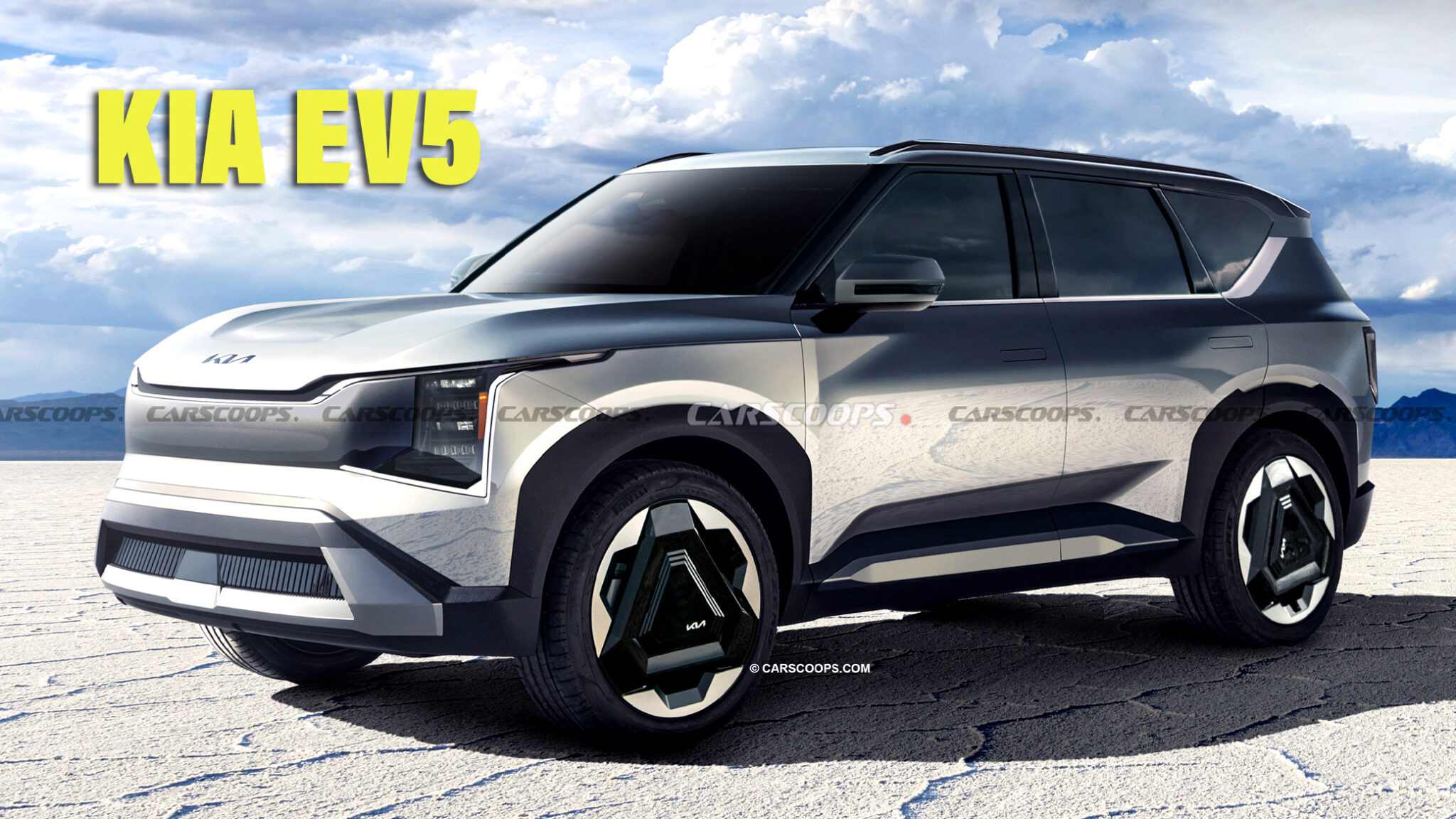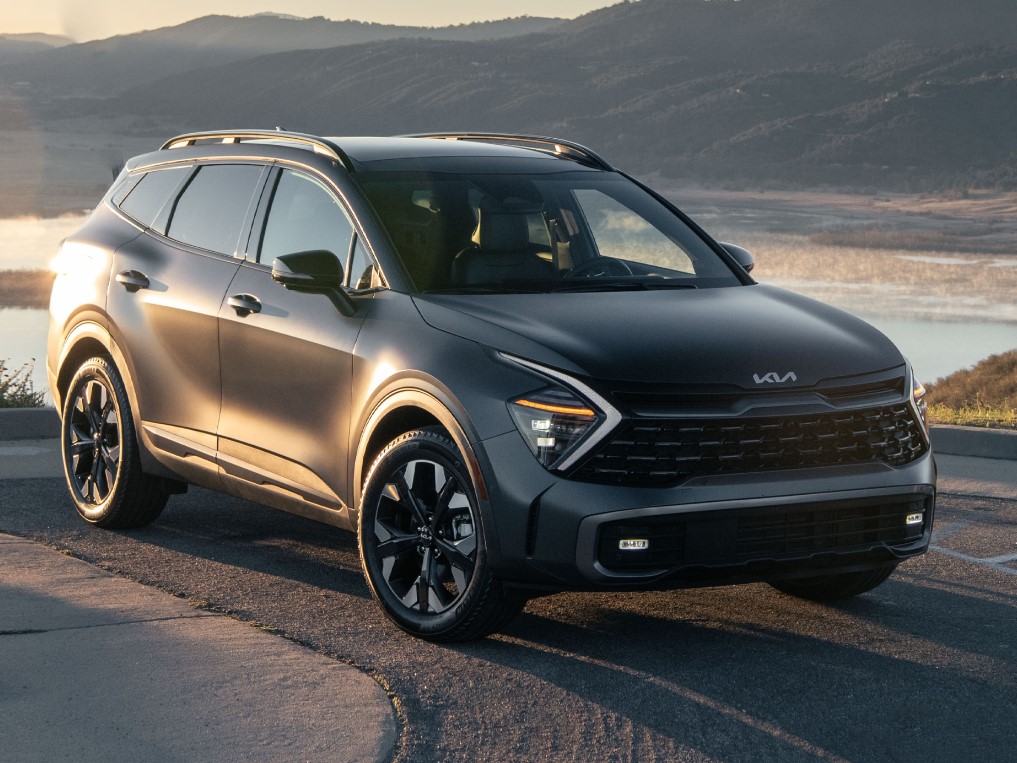Navigating the Future of Driving: The Best PHEV SUVs for 2025
Related Articles: Navigating the Future of Driving: The Best PHEV SUVs for 2025
Introduction
With great pleasure, we will explore the intriguing topic related to Navigating the Future of Driving: The Best PHEV SUVs for 2025. Let’s weave interesting information and offer fresh perspectives to the readers.
Table of Content
Navigating the Future of Driving: The Best PHEV SUVs for 2025

The automotive landscape is rapidly shifting, with plug-in hybrid electric vehicles (PHEVs) gaining significant traction. Offering the best of both worlds – fuel efficiency and electric range – PHEVs are becoming increasingly appealing to consumers seeking a balance between environmental responsibility and practical driving needs. This is particularly true in the SUV segment, where spaciousness and versatility are highly valued.
While the future of automotive technology is constantly evolving, several PHEV SUVs stand out as frontrunners for 2025, promising a blend of performance, efficiency, and cutting-edge features. These vehicles represent a significant leap forward in the PHEV market, offering a compelling alternative to traditional gasoline-powered SUVs.
Key Considerations for 2025 PHEV SUVs:
- Electric Range: The ability to drive purely on electric power is a key selling point of PHEVs. Look for vehicles with an extended electric range, enabling you to complete daily commutes or errands without relying on gasoline.
- Battery Capacity and Charging Time: A larger battery capacity translates to a longer electric range, while faster charging times reduce the inconvenience of recharging.
- Fuel Efficiency: PHEVs offer significant fuel savings compared to traditional gasoline-powered SUVs, especially when driven primarily on electric power.
- Performance: Expect PHEVs to deliver responsive acceleration and smooth handling, thanks to the power of electric motors.
- Interior Space and Comfort: Spacious interiors, comfortable seating, and advanced features are essential for family-oriented SUVs.
- Technology: Advanced infotainment systems, driver assistance features, and connectivity options are becoming increasingly important for modern vehicles.
Top Contenders for Best PHEV SUVs in 2025:
1. Ford Explorer PHEV:
- Expected Release: 2024
- Key Features: Expected to offer a spacious interior, advanced driver-assistance features, and a competitive electric range.
- Potential Advantages: Ford’s established reputation for reliability and the Explorer’s popularity in the SUV market make it a strong contender.
2. Toyota Highlander PHEV:
- Expected Release: 2024
- Key Features: Known for its fuel efficiency and spacious interior, the Highlander PHEV is anticipated to offer a smooth and comfortable driving experience.
- Potential Advantages: Toyota’s proven track record in hybrid technology and the Highlander’s reputation for reliability make it a compelling choice.
3. Jeep Wrangler PHEV:
- Expected Release: 2025
- Key Features: Combining the iconic Wrangler’s off-road capabilities with electric power, this PHEV is expected to offer a unique blend of performance and efficiency.
- Potential Advantages: The Wrangler’s legendary off-road prowess, coupled with the added benefits of electric power, could make it a highly sought-after option.
4. Hyundai Santa Fe PHEV:
- Expected Release: 2024
- Key Features: Known for its stylish design and advanced technology, the Santa Fe PHEV is expected to offer a comfortable and connected driving experience.
- Potential Advantages: Hyundai’s commitment to innovation and the Santa Fe’s popularity in the mid-size SUV segment make it a strong contender.
5. Subaru Outback PHEV:
- Expected Release: 2024
- Key Features: Combining Subaru’s renowned all-wheel drive system with electric power, the Outback PHEV is expected to offer exceptional handling and traction.
- Potential Advantages: The Outback’s reputation for reliability and its ability to tackle diverse road conditions make it a desirable choice for adventure-seeking drivers.
Understanding the Importance of PHEVs:
The rise of PHEVs is driven by a confluence of factors:
- Environmental Concerns: PHEVs contribute to reducing greenhouse gas emissions and combatting climate change by offering a cleaner alternative to traditional gasoline-powered vehicles.
- Fuel Efficiency: PHEVs offer significant fuel savings, reducing reliance on fossil fuels and lowering operating costs.
- Government Incentives: Many governments offer tax credits and other incentives to encourage the adoption of PHEVs, making them more financially attractive.
- Technological Advancements: Rapid advancements in battery technology and electric motors are enabling PHEVs to offer longer electric ranges and improved performance.
FAQs on 2025 PHEV SUVs:
Q: How much does a 2025 PHEV SUV cost?
A: The price of a 2025 PHEV SUV will vary depending on the specific model, trim level, and available features. However, expect prices to be higher than comparable gasoline-powered SUVs due to the added cost of battery technology.
Q: How long does it take to charge a PHEV SUV?
A: Charging times vary depending on the battery capacity and the type of charger used. Level 2 chargers, commonly found in homes and workplaces, can typically charge a PHEV SUV in a few hours.
Q: What are the benefits of owning a PHEV SUV?
A: PHEVs offer a combination of benefits, including:
- Reduced emissions: Contribute to cleaner air and a more sustainable environment.
- Fuel savings: Lower operating costs compared to gasoline-powered SUVs.
- Performance: Offer responsive acceleration and smooth handling.
- Quiet operation: Electric motors provide a quiet and enjoyable driving experience.
Q: How do I maintain a PHEV SUV?
A: Maintaining a PHEV SUV is similar to maintaining a traditional gasoline-powered SUV, with the addition of regular battery maintenance. Follow the manufacturer’s recommendations for battery care and ensure the charging system is functioning correctly.
Tips for Choosing the Right PHEV SUV for You:
- Consider your daily commute and driving habits: Determine how often you will be able to charge your PHEV and how much electric range you need.
- Research the available models and compare features: Consider factors like electric range, battery capacity, charging time, fuel efficiency, interior space, and technology.
- Test drive different models: Experience the driving dynamics and comfort of various PHEV SUVs before making a decision.
- Factor in the cost of ownership: Consider the purchase price, fuel costs, maintenance expenses, and any available government incentives.
Conclusion:
The PHEV SUV segment is poised for significant growth in 2025 and beyond. These vehicles offer a compelling blend of performance, efficiency, and cutting-edge technology, providing a compelling alternative to traditional gasoline-powered SUVs. As technology continues to advance and consumer demand increases, expect to see even more innovative and compelling PHEV SUVs hitting the market in the coming years. With their combination of environmental benefits, fuel savings, and advanced features, PHEV SUVs are shaping the future of driving, making it more sustainable, efficient, and enjoyable for everyone.








Closure
Thus, we hope this article has provided valuable insights into Navigating the Future of Driving: The Best PHEV SUVs for 2025. We thank you for taking the time to read this article. See you in our next article!